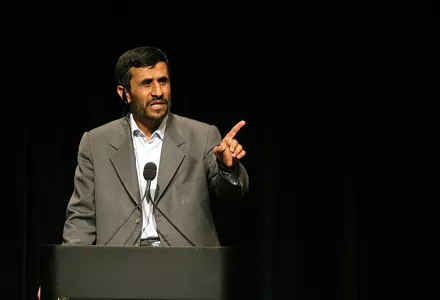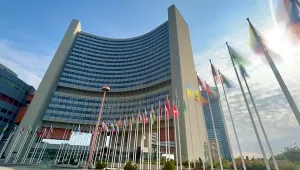Causes and Consequences of Public Cueing in Nuclear Decision-Making
Speakers: Rebecca Davis Gibbons, Associate, Project on Managing the Atom; Ariel Petrovics, Postdoctoral Fellow, International Security Program/Project on Managing the Atom
This seminar seeks to examine the causes and consequences of public involvement in nuclear programs in two parts: first, exploring why some leaders involve the public in nuclear discussions, and then assessing shifts in public opinion in response to such cueing. Together, these parts can help better understand when and how domestic publics can affect the trajectory of their states' nuclear programs.
Everyone is welcome to join us via Zoom! Register before the seminar here:
https://harvard.zoom.us/meeting/register/tJEpceGprj0qHtYbTdT-_mgWIZVU_VNPqtZa




